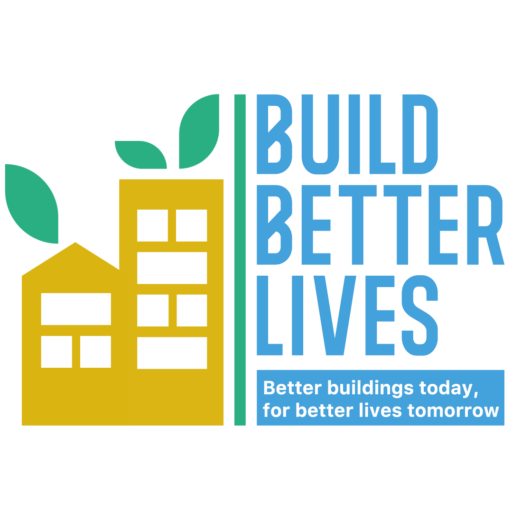Insulation is an essential ‘tool’ for delivering deep home renovations. They offer thermal comfort, lower energy bills and drive down carbon emissions.
Continue reading to find out more about why they’re essential for the success of the green energy transition.
The European housing crisis is not just about affordability—it’s also about energy efficiency, comfort, and sustainability. With nearly 20% of the EU population living in cold, poorly insulated homes, the need for deep renovations has never been more pressing. Insulation is part of that process as they increase energy efficiency and help to lower household energy bills. A well-insulated home does not waste energy and it keeps the home at a comfortable temperature all year round.
The cost of poorly insulated homes
Proper insulation is crucial for lowering energy demand, improving thermal comfort and preventing sky-high energy bills. Insulated walls and roofs are essential to secure economic and energy savings as well as tangible health and climate benefits for all.
According to research conducted by Eurostat nearly 20% of the EU population in 2023 lived in cold dwellings that lead to discomfort at best and health issues at worst. Poorly insulated homes have serious consequences for people’s everyday lives, including exorbitant energy bills that many households cannot afford, pushing millions into energy poverty. Damp walls can lead to preventable respiratory health issues, putting people’s health in jeopardy as well as putting an unnecessary strain on public health costs.
But this can be changed: a well-insulated home can reduce a household’s energy-use by up to 70%, drastically lowering household bills by fixing inefficient and leaky walls, helping the 47 million Europeans living in energy poverty, whilst strengthening the EU’s energy independence and lowering its carbon footprint. It also contributes to creating jobs at the local level: for every €1 million invested in energy renovation of buildings, an average of 18 jobs are created in the EU.
Renovation vs. new construction: ensuring people’s choice to stay in their homes and neighbourhoods
Everyone deserves a warm, affordable home, but that doesn’t mean we always have to build from scratch. The fastest, smartest, and most cost-effective solution is right in front of us: renovating our existing buildings to make them energy-efficient, comfortable, and future-proof. Renovations in turn, must target the worst performing buildings first and must be accessible to the most vulnerable communities, avoiding displacement and gentrification.
To make real progress, we need policies and financing programs to focus on people’s housing needs, securing immediate relief and support to those living in precarious housing conditions. Renovations must be made affordable and accessible so that low-income households are assured that renovating their homes will not be a costly burden but an improvement to their living standards which can benefit them straight away. Investing in home renovations means investing in people, in communities, and in a sustainable future for all.

Let’s insulate Europe’s homes. It’s a win-win!
Making insulation readily accessible comes with huge advantages and opportunities including improved public health, and well-being, jobs, energy security, and reduced carbon emissions.
Insulation-related savings amount to at least 6.64 € billion/year across the EU, whilst the public health burden of people living in ‘unimproved’ housing is estimated at 194 € billion, an amount of money that could be smartly saved by insulating homes.
Furthermore, research from the International Monetary Fund shows that for every 1% increase in energy efficiency across Europe, gas imports drop by 2.6%, with our homes and buildings playing a key role in cutting energy waste. Besides, the European Investment Bank also stresses that long-term energy security can be achieved by improving energy efficiency and replacing imported fossil fuels with renewable energy.
Improving the energy efficiency of the EU’s buildings is key in alleviating the housing and cost-of-living crisis, whilst addressing climate impacts at the same time. Ultimately, it’s an opportunity to strengthen the economy, make the EU more resilient, and improve people’s health and wealth.
This article is part of the collectibles action campaign that was launched in January 2025. You can find out more about the action here and about the previously highlighted renovation item here. Spoiler alert it is about one-stop-shops.
